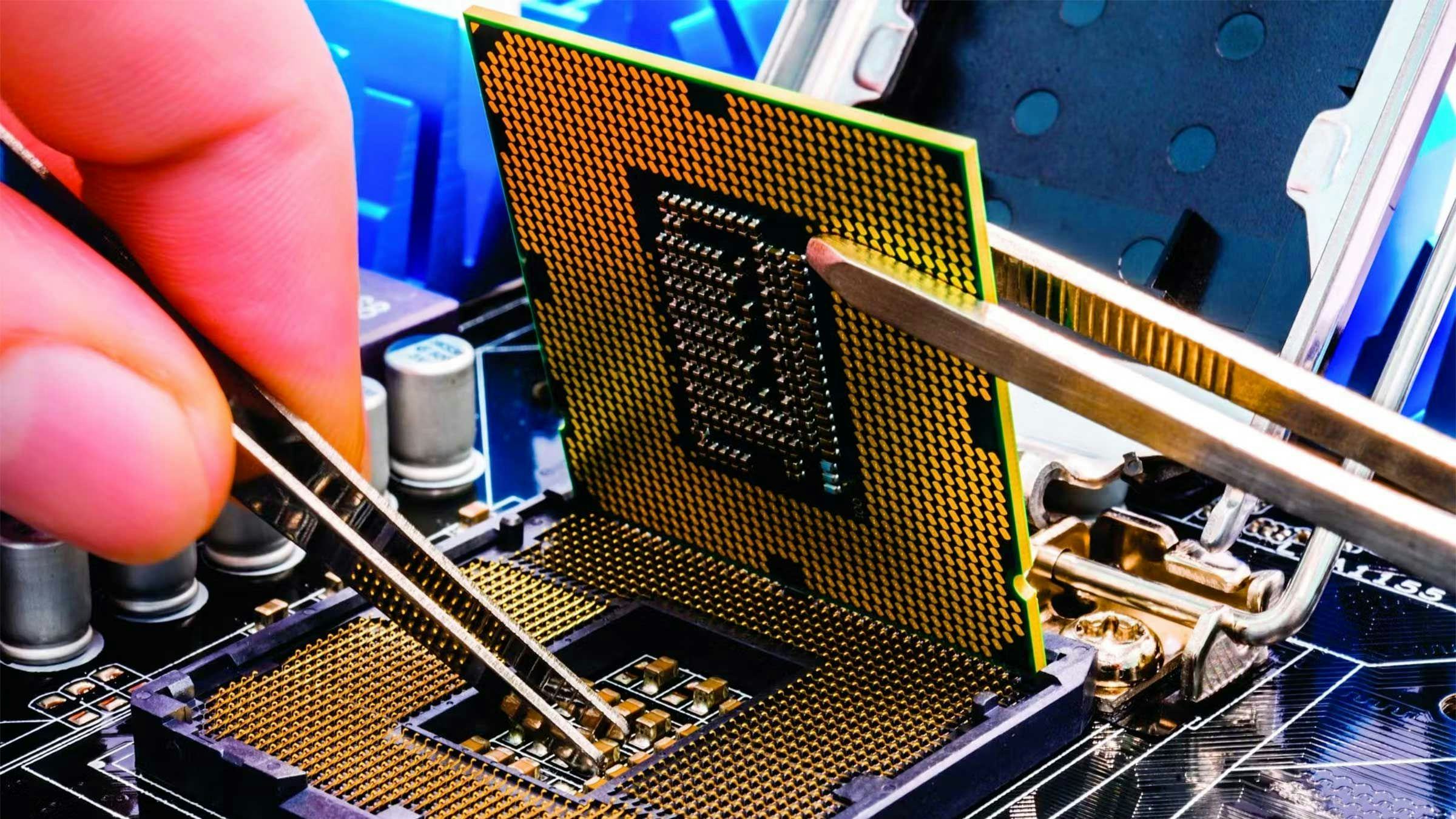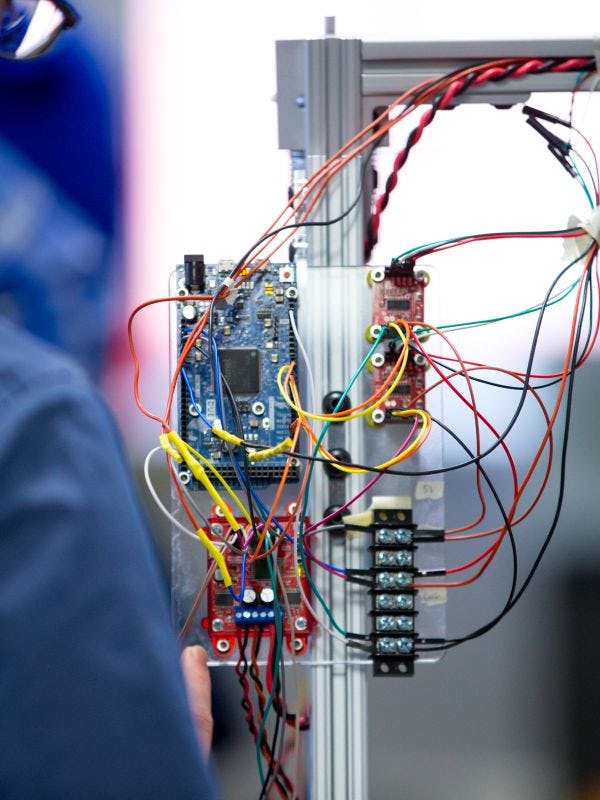
Department of Electrical and Computer Engineering
Academic Programs
Catalyze Your Career

Announcements
Department Facts

Stevens Professors Win Presidential Awards
We are celebrating two distinguished honors recently bestowed on our faculty: Victor Lawrence, a communications pioneer and longtime Stevens professor and research scientist, was awarded the National Medal of Technology and Innovation for his lifetime of contributions. Also, George Meade Bond Endowed Professor Nicholaus Parziale was selected as a recipient of the highly prestigious Presidential Early Career Award for Scientists and Engineers.

Learn About Our Research
The Center for Innovative Computing and Networked Systems (iCNS) at Stevens advances science and technologies in the fields of computing, electrical and electronics systems, computer hardware and software systems, power grid systems, and applied artificial intelligence.
WATCH: About iCNS
The Center for Innovative Computing and Networked Systems unites the research expertise and resources of the Department of Electrical and Computer Engineering at Stevens to tackle complex challenges in computing and networked systems. Transcending the boundaries of science and engineering disciplines, iCNS enables open research across diverse areas within the Stevens community and beyond.
Get Social With Us
What’s happening in the Department of Electrical and Computer Engineering at Stevens? Follow us on Instagram and LinkedIn for student life, faculty highlights and research in action.
Department News
Department Facts
Upcoming Seminars & Events
Department Leadership
Meet the faculty and staff leading the Department of Electrical and Computer Engineering. Find contact information for department administrators, academic advisors and more.






